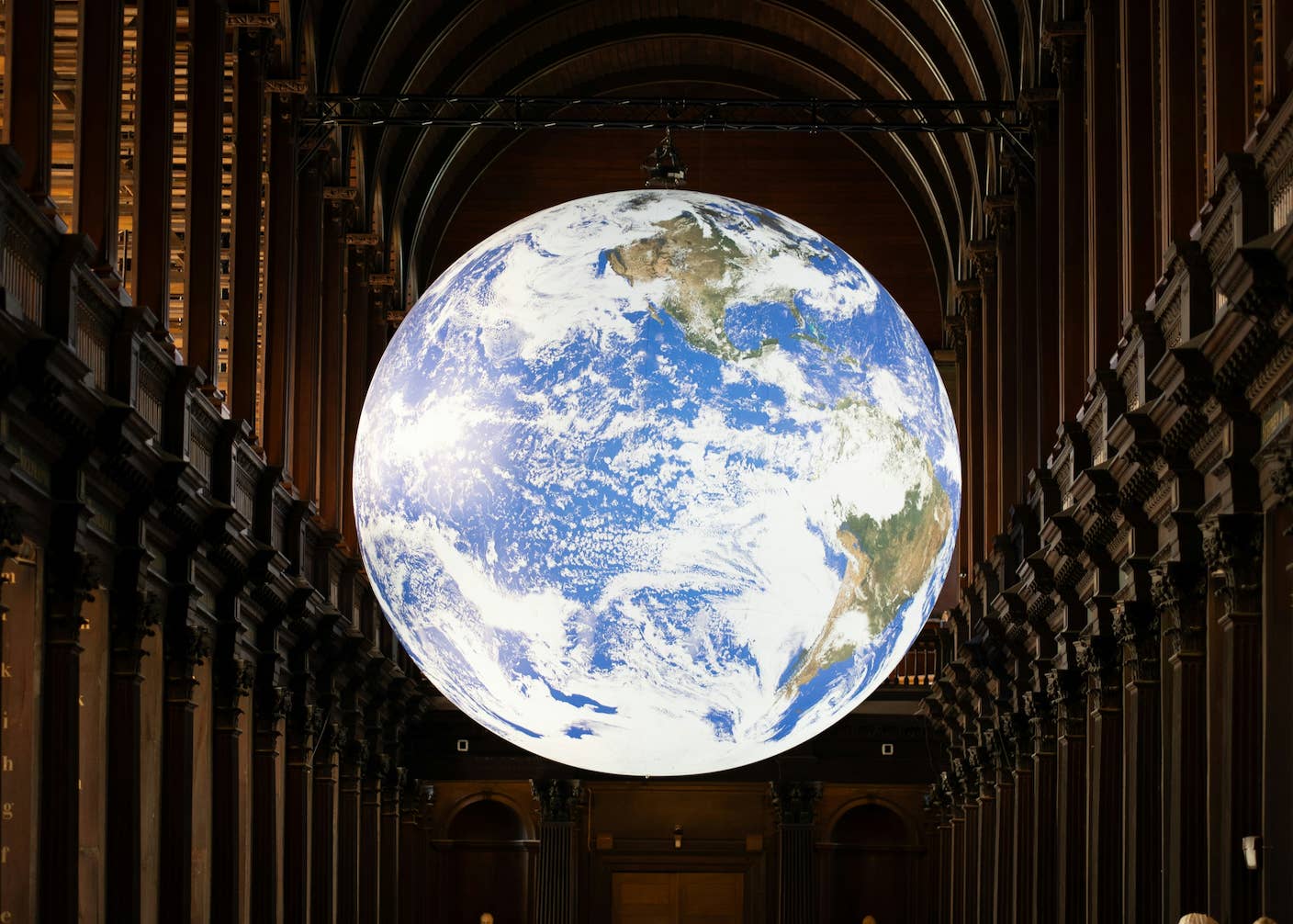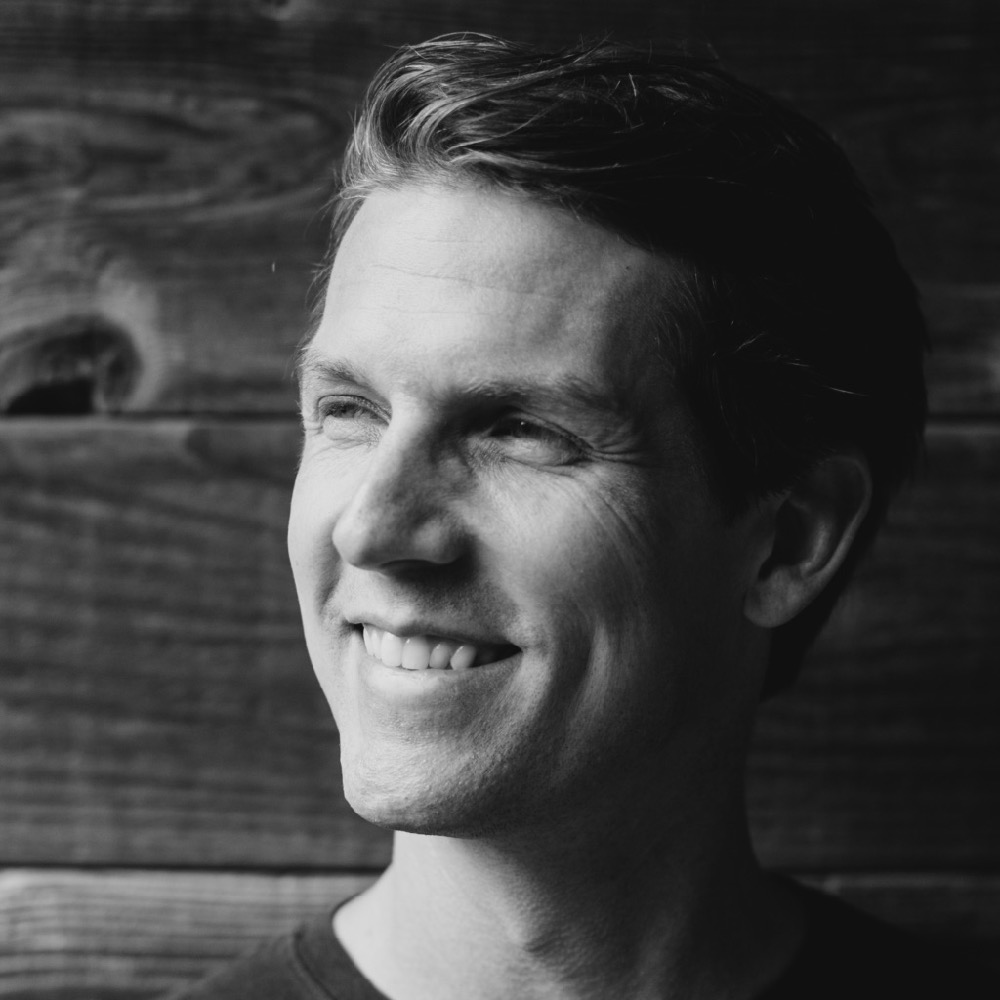Watch: What Is Consciousness? We Now Have the Tools to Find Out

Share
The question of consciousness is as old as philosophy.
And while the exact nature of human consciousness is exceedingly difficult to pin down—that doesn’t stop us from trying. It's a puzzle that's preoccupied the world’s greatest philosophers for millennia and, in recent centuries, scientists too.
In the information age, we've begun to wonder if consciousness is a uniquely biological phenomenon or if it might arise elsewhere. Is the brain just a mushy computer running wetware—something we can replicate in hardware and software? Or is comparing the brain to a computer a misleading analogy and a vast oversimplification?
A fascinating new video from the Economist, featuring some of the brightest minds working the problem, brings us up to date on the debate and the latest thinking.
"The methods of science right now are great for explaining objective processes and objective functions," says philosopher David Chalmers. "But the problem of consciousness—what we call the 'hard problem of consciousness', which is explaining how you get subjective experience from the brain—is not that kind of question."
Some scholars believe consciousness is a concept our minds are incapable of understanding. The brain trying to form a picture of its own inner workings is a bit like the impossible geometry of an MC Escher sketch or trying to see your back by looking over your shoulder. No matter how you strain and struggle, it remains just out of sight.
Be Part of the Future
Sign up to receive top stories about groundbreaking technologies and visionary thinkers from SingularityHub.


But not everyone believes it’s so hard. Another view, championed by philosopher Daniel Dennett, is that only now are we getting the technologies necessary to form a complete picture of the brain and consciousness. We’re just this moment holding up a technological mirror to the mind and catching a glimpse of our own likeness there.
“A lot of puzzles, no mysteries. We’re going to understand it from the bottom up and the top down,” says Dennett. “The user friendly world that we live in, the manifest image, is a sort of friendly user illusion in the same way that the desktop of your laptop is a user illusion—it simplifies and it distorts, in helpful ways, for most purposes.”
“If you really want to know what’s going on, you have to go back stage. And the same thing is true about the brain and consciousness.”
Until recently, Dennett says, we didn’t have the tools to peek behind the curtain. The brain was about as accessible as distant galaxies. But that is no longer the case. We’re now developing tools to study the brain non-invasively and developing the computational models to explain how it "non-miraculously" transforms information into experience.
“So, now we have the toolkit,” Dennett says. “We just have to use the tools.”
Image Credit: Shutterstock.com
Jason is editorial director at SingularityHub. He researched and wrote about finance and economics before moving on to science and technology. He's curious about pretty much everything, but especially loves learning about and sharing big ideas and advances in artificial intelligence, computing, robotics, biotech, neuroscience, and space.
Related Articles

This Week’s Awesome Tech Stories From Around the Web (Through February 28)

Sparks of Genius to Flashes of Idiocy: How to Solve AI’s ‘Jagged Intelligence’ Problem

US Solar Surged 35% in 2025, Overtaking Hydro for the First Time
What we’re reading
